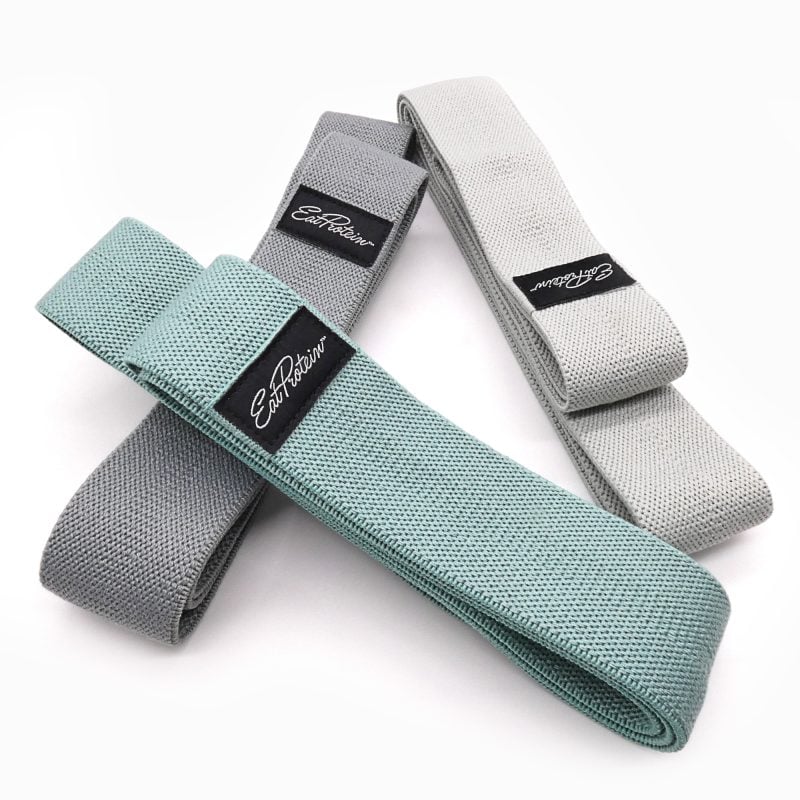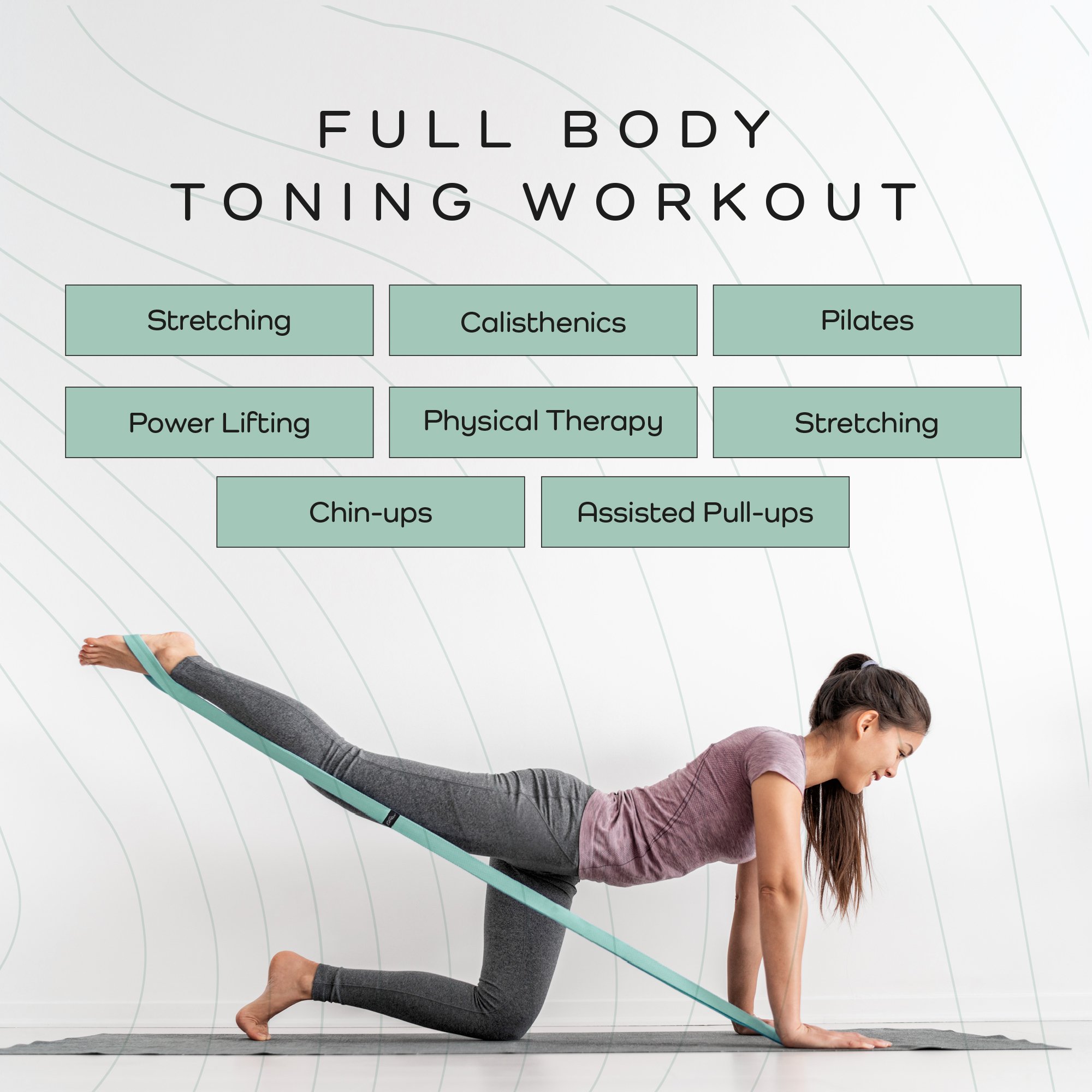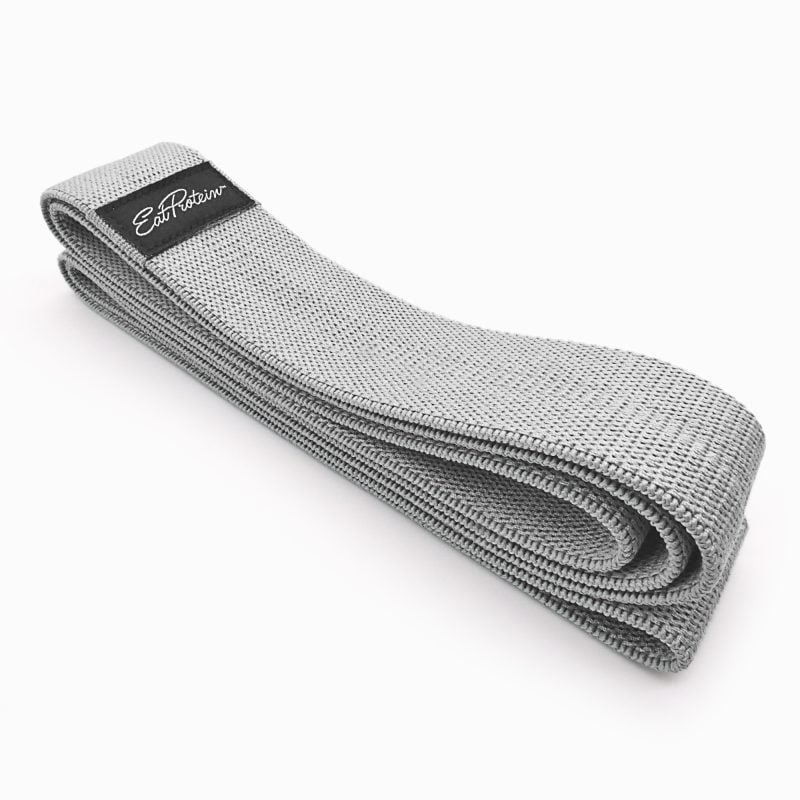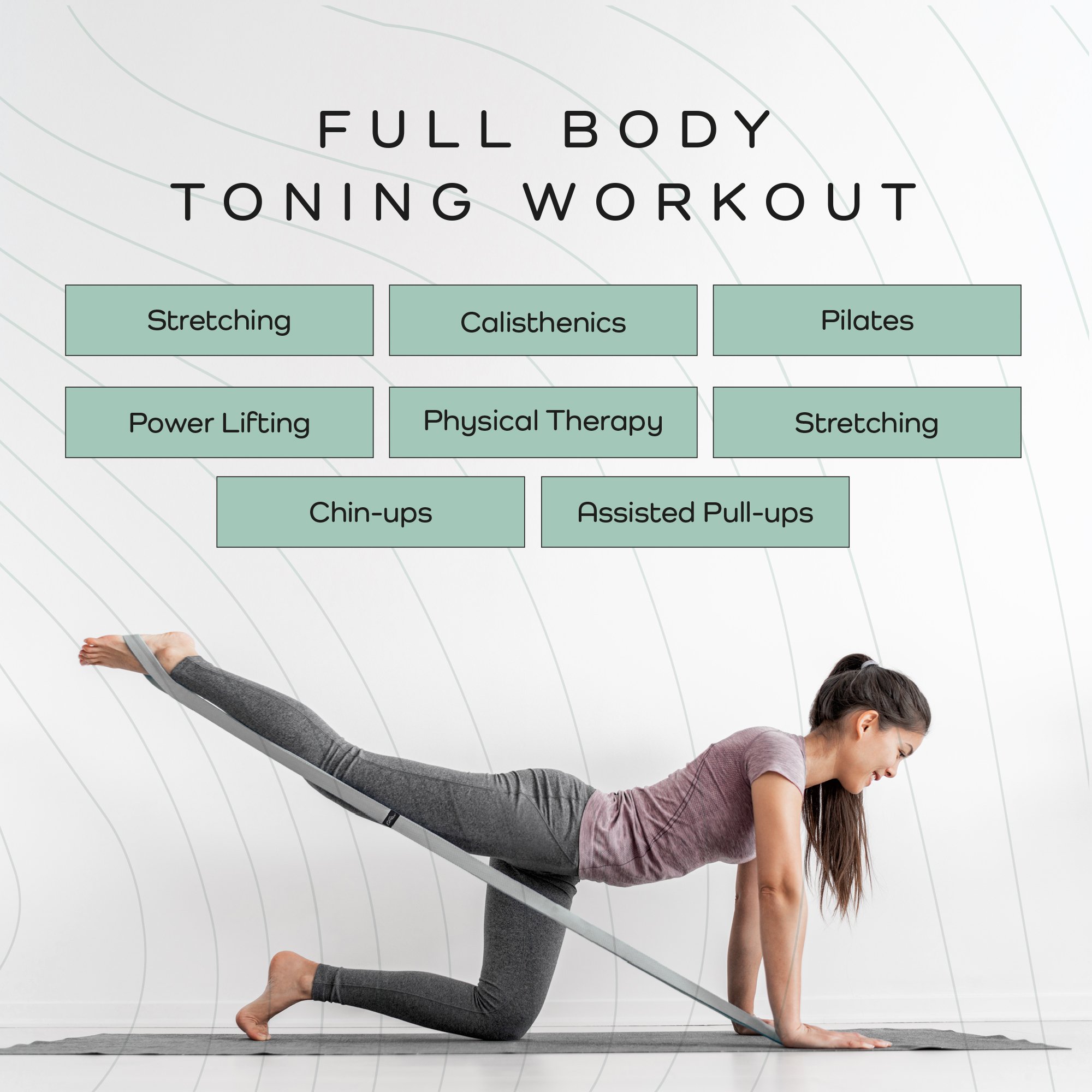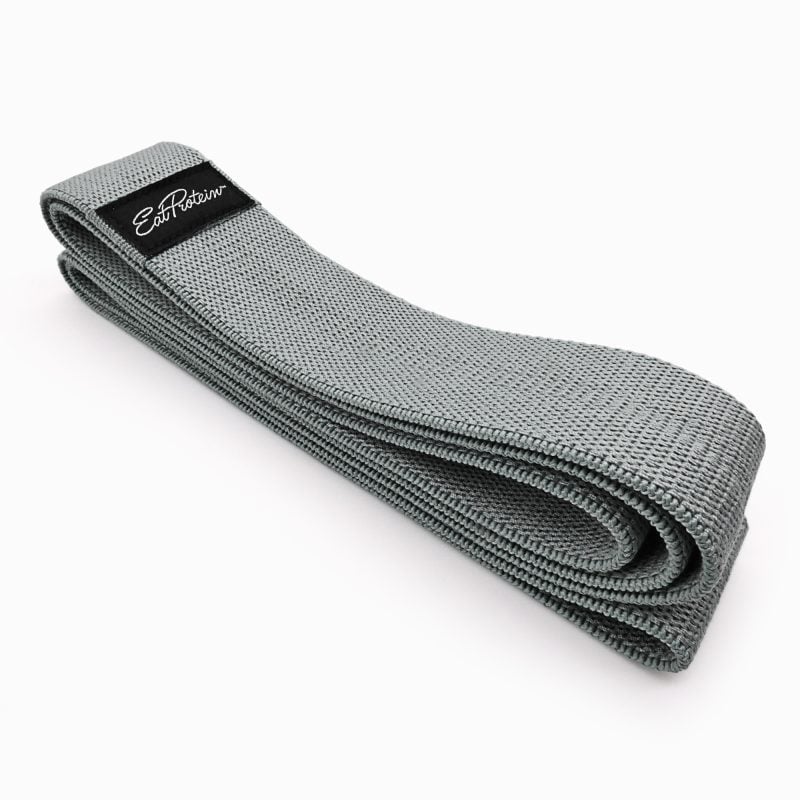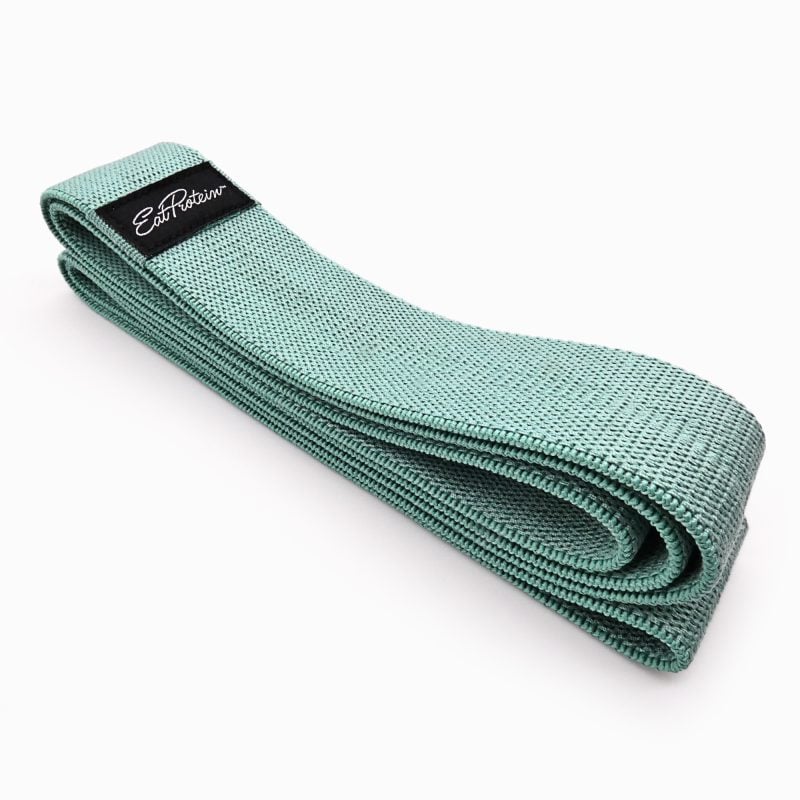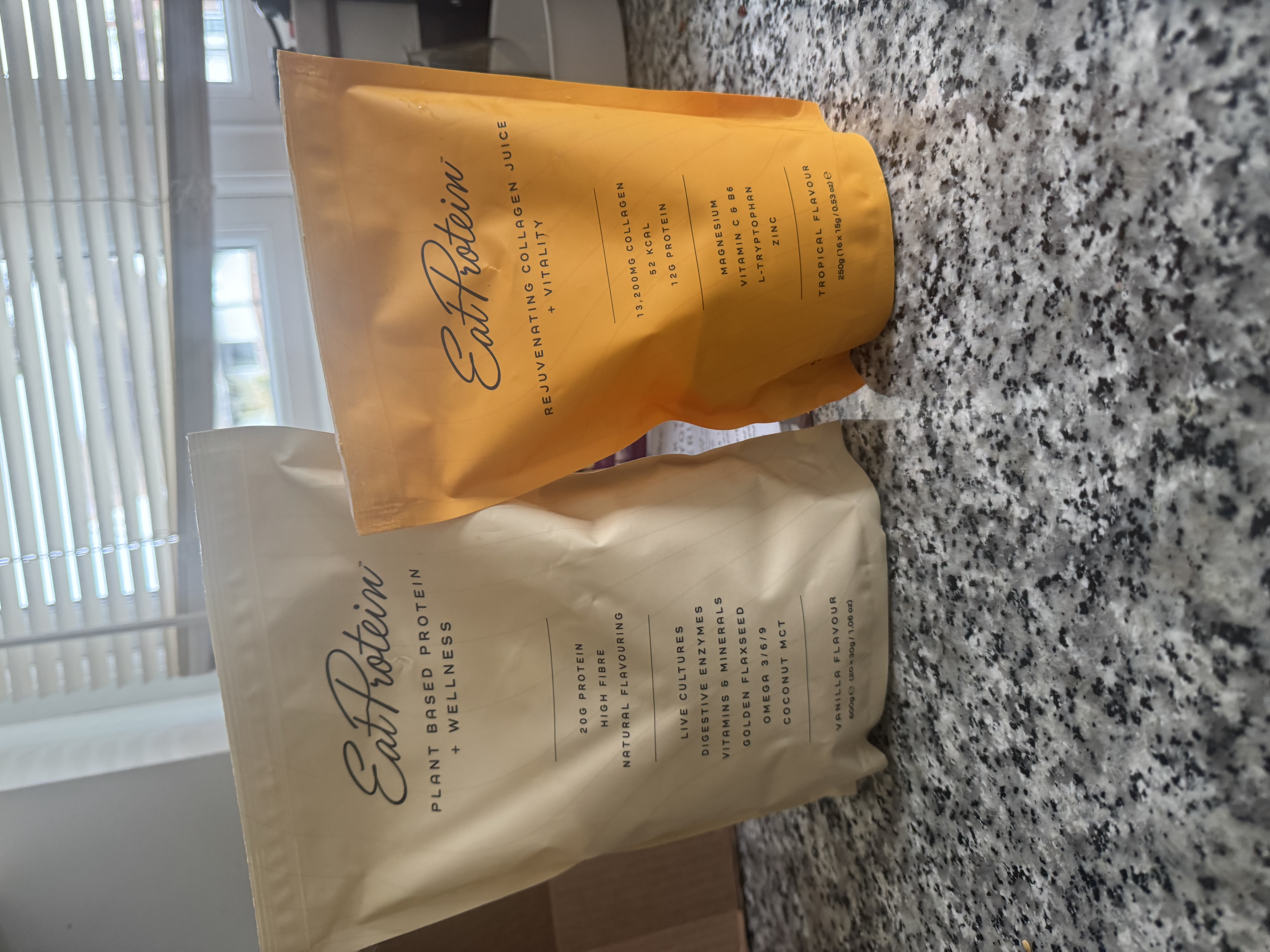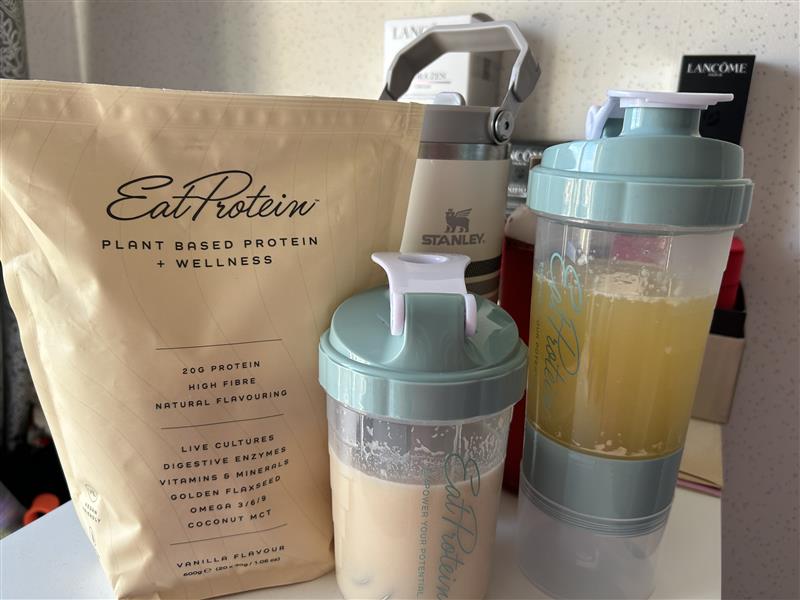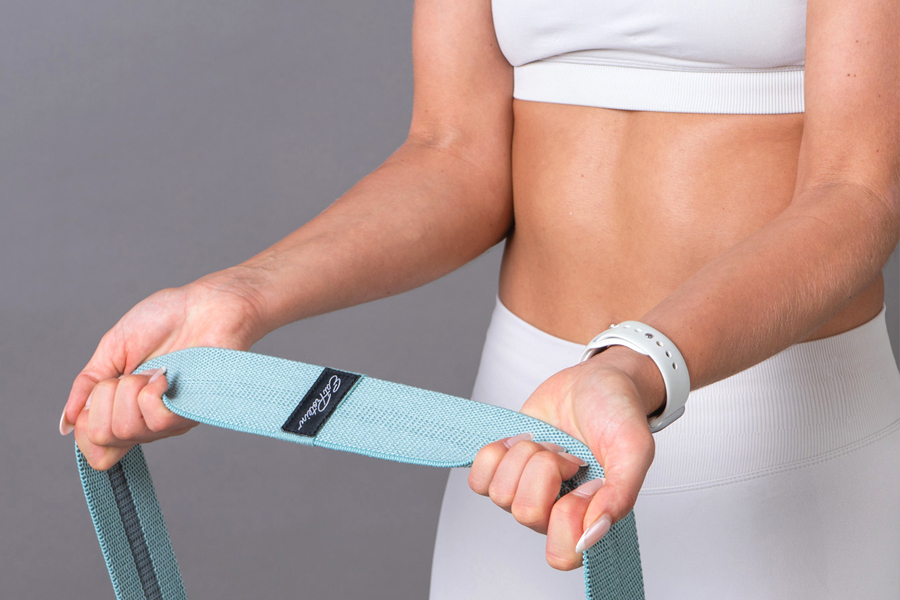
Unleashing the Power of Resistance Bands: Your Versatile Fitness Companion
When it comes to enhancing your workout routine, you might picture weights, machines, and various high-tech fitness gadgets. However, one of the most effective and versatile tools available to fitness enthusiasts of all levels is the humble resistance band. At EatProtein, we understand the value of incorporating different training methods into your exercise regime, and today we’ll explore the myriad benefits of resistance bands, not only for general fitness but also for physiotherapy, sports, and even yoga.
What Are Resistance Bands?
Resistance bands are elastic bands that come in various lengths, widths, and levels of resistance. They are lightweight, portable, and incredibly versatile, making them an ideal addition to your exercise toolkit, whether you're at home, in the gym, or on the go. Their primary function is to provide resistance during workouts, which can help to build strength, improve flexibility, and increase endurance.
Strength Training for All Levels
Resistance bands offer an excellent way to incorporate strength training into your workouts, regardless of your fitness level. They come in different resistance levels, allowing you to progress at your own pace. Beginners can start with lighter bands and gradually move to stronger ones as their strength improves, making them an inclusive tool for everyone.
Joint-Friendly Workouts
Unlike heavy weights, which can put significant strain on your joints, resistance bands provide a low-impact alternative. This makes them particularly beneficial for those recovering from injuries or anyone concerned about joint health. The resistance is adjustable, allowing you to tailor the intensity of your workouts and minimise the risk of injury.
Versatility in Exercises
Resistance bands can be used for a variety of exercises targeting different muscle groups. From squats and lunges to bicep curls and tricep extensions, the possibilities are endless. Additionally, they can be incorporated into Pilates and yoga routines to enhance muscle engagement and improve overall stability and strength.
Enhancing Flexibility and Balance
Stretching is an integral part of any fitness routine, and resistance bands can significantly enhance your flexibility. By using them to aid stretches, you can achieve deeper extensions and increase your range of motion. Furthermore, incorporating resistance bands into balance training can help develop stability in a safe and controlled manner.
Here are some general resistance band exercises that focus on building strength and enhancing flexibility. These exercises can be incorporated into any workout routine, whether at home, in the gym, or as part of your yoga practice.
Strength Exercises Examples
Squats with Resistance Band
Target Areas: Quadriceps, hamstrings, and glutes
Instructions:
1. Stand on the band with your feet shoulder-width apart, holding the ends at shoulder height.
2. Squat down as if sitting back into a chair, keeping your chest lifted and knees over your toes.
3. Push through your heels to return to a standing position.
Repetitions: 10-15 reps
Standing Shoulder Press
Target Areas: Shoulders and triceps
Instructions:
1. Stand on the band with feet shoulder-width apart, holding the ends at shoulder height with palms facing forward.
2. Press the band overhead until your arms are fully extended.
3. Lower back down to the starting position.
Repetitions: 10-15 reps
Lateral Band Walks
Target Areas: Hip abductors and glutes
Instructions:
1. Place the band around your ankles or just above your knees.
2. With your feet shoulder-width apart, bend your knees slightly and lower into a slight squat.
3. Take a step to the side with your right foot, followed by your left, maintaining tension in the band.
4. Continue stepping sideways for several reps, then switch directions.
-Repetitions: 10-15 steps in each direction
The Role of Resistance Bands in Physiotherapy
Resistance bands have long been a staple in physiotherapy settings, and for good reason. They facilitate rehabilitation exercises that help patients regain strength and mobility without the compounded stress often associated with free weights. Here are some key ways resistance bands play a vital role:
Rehabilitation and Recovery
Following an injury, it's crucial to rebuild strength and regain full range of motion. Physiotherapists often recommend resistance bands for rehabilitation because they can be adjusted to suit the patient's needs. Using bands can aid in the recovery process and help individuals gradually return to their regular activities.
Functional Movement Training
Resistance bands can mimic everyday movements, making them an excellent choice for functional training. Whether you're working on movements that involve lifting, pulling, or pushing, resistance bands replicate these actions, ensuring that rehabilitation is both relevant and effective.
Here are some examples of resistance band exercises commonly used in physiotherapy. These exercises can help improve strength, flexibility, and recovery for various injuries or conditions. However, it's important to consult with a healthcare professional before starting any rehabilitation programme.
Physiotherapy Excercise Examples
Chest Press
Target Area: Chest, shoulders, and triceps
Instructions:
1. Anchor the band behind you (e.g., around a sturdy post) and grab the ends with both hands.
2. Stand or sit with your elbows bent at 90 degrees, hands at chest level.
3. Press your hands forward until your arms are fully extended.
4. Return slowly to the starting position.
Repetitions: 10-15 reps
Leg Press
Target Area: Quadriceps and glutes
Instructions:
1. Lie on your back with the resistance band looped around your feet and hold the ends in your hands.
2. Bend your knees and pull your feet towards you.
3. Press your feet away from you, extending your legs against the resistance of the band.
4. Slowly return to the starting position.
Repetitions: 10-15 reps
Standing Hip Abduction
Target Area: Hip abductors and glutes
Instructions:
1. Stand with the band looped around your ankles.
2. Shift your weight to one leg, keeping your knee slightly bent.
3. Lift the other leg out to the side, keeping it straight, against the resistance of the band.
4. Lower back to the starting position.
Repetitions: 10-15 reps on each leg
Elevate Your Yoga Practice with Resistance Bands
While you may associate yoga with mats and blocks, resistance bands can also enhance your practice. Here’s how:
Support and Alignment
Using resistance bands during yoga can assist with proper alignment and support in various poses, making them accessible for everyone, including beginners or those with limited flexibility. They can help you hold poses longer without straining your muscles.
Increased Resistance
For those looking to deepen their practice, resistance bands can add an extra layer of challenge. By incorporating bands into your sequences, you can intensify strength-building poses, helping you develop muscle endurance alongside your flexibility.
Resistance bands can be a wonderful addition to your yoga practice, enhancing flexibility, strength, and stability. Here are some examples of resistance band exercises that can be integrated into a yoga routine:
Yoga Exercise Examples
Seated Forward Bend with Resistance Band
Target Area: Hamstrings and lower back
Instructions:
1. Sit with your legs extended in front of you.
2. Loop the band around the soles of your feet, holding an end in each hand.
3. Sit tall and as you exhale, gently pull on the band to fold forward at the hips, keeping your back straight.
4. Hold the stretch for a few breaths, feeling the gentle pull in your hamstrings and lower back.
Warrior II with Resistance Band
Target Area: Legs, hips, and shoulders
Instructions:
1. Step into Warrior II pose (one foot forward, one foot back, arms extended parallel to the ground).
2. Loop the band under your front foot and hold both ends in your hands.
3. As you sink deeper into the pose, pull gently on the band to increase resistance, activating your legs and arms.
4. Hold for several breaths, then switch sides.
Bound Angle Pose with Resistance Band
Target Area: Hips and groin
Instructions:
1. Sit on the floor and bring the soles of your feet together, letting your knees fall out to the sides.
2. Wrap the band around your feet and hold the ends with your hands, keeping a straight back.
3. Use the band to gently pull your torso forward, deepening the stretch in your hips.
4. Hold the position for a few breaths.
Incorporating resistance bands into your yoga practice can diversify your routine, provide additional resistance, and allow you to explore deeper stretches while enhancing your overall strength and flexibility. Enjoy your practice!
Important Considerations
- Always start with a light resistance band to ensure proper form.
- Focus on slow, controlled movements to prevent any strain or injury.
- Ensure you have a proper warm-up before starting your exercises.
- If you experience pain or discomfort, stop the exercise immediately and consult a healthcare professional.
By incorporating these resistance band exercises into physiotherapy, individuals can work on strength, flexibility, and coordination, aiding recovery effectively.
In Conclusion
Resistance bands are an underappreciated yet incredibly effective fitness tool. Whether you're looking to build strength, enhance your flexibility, rehabilitate from an injury, or add variety to your yoga practice, these elastic marvels have got you covered. Their versatility, portability, and myriad benefits make them a must-have in any fitness arsenal. At Eat Protein, we believe that every piece of equipment has its unique advantages, and resistance bands definitely stand out. So, why not give them a go? You might just find your new favourite workout companion!
